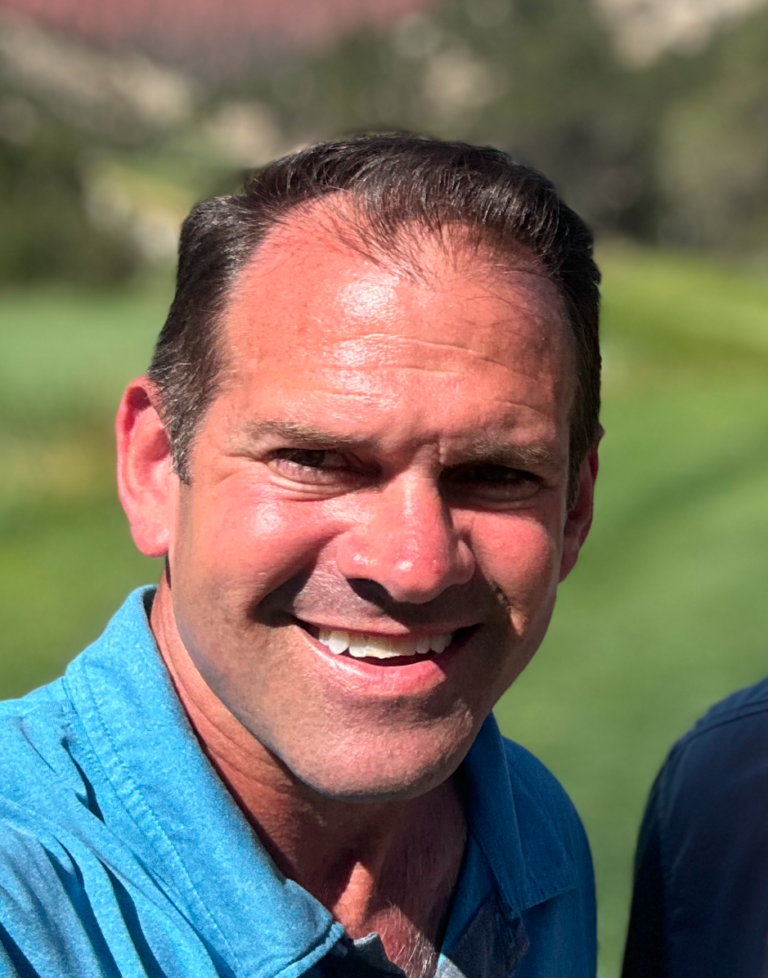Beating the Odds: Dr. Ian Weisberg’s Proven Methods for Atrial Fibrillation Prevention
Beating the Odds: Dr. Ian Weisberg’s Proven Methods for Atrial Fibrillation Prevention
Blog Article
Atrial fibrillation (AFib) is the most frequent type of unpredictable heart beat, affecting huge numbers of people worldwide. It may improve the chance of stroke, heart failure, and other complications. Dr Ian Weisberg, a leading expert in cardiac electrophysiology, highlights that avoidance is key. By adopting a heart-healthy lifestyle and making intelligent choices, individuals may considerably lower their risk of creating AFib.

1. Maintain a Healthy Fat
Dr. Weisberg features the solid connection between obesity and atrial fibrillation. Unwanted weight can put extra pressure on the heart, ultimately causing infection and electric disturbances that induce AFib. Reports reveal that losing just a large number of body weight can dramatically reduce AFib episodes and increase heart function.
2. Check and Control Body Stress
Large body stress (hypertension) is one of the major factors behind AFib. Dr. Weisberg suggests normal body force checking and lifestyle changes like:
Reducing salt absorption
Training regularly
Managing tension effortlessly
For individuals with persistent hypertension, medications might be required to help keep body stress in a healthy range and reduce AFib risk.
3. Limit Alcohol and Caffeine Intake
Extortionate alcohol usage may cause "holiday heart syndrome," a issue where abnormal heartbeats occur after heavy drinking. Dr. Weisberg proposes:
Restraining alcohol to average levels (no several drink each day for girls, two for men)
Reducing caffeine intake for those sensitive and painful to their heart-stimulating results
4. Get Regular Workout – But Prevent Overexertion
Physical exercise is essential for heart wellness, but Dr. Weisberg cautions against serious stamina exercise, that might raise AFib chance in a few individuals. The most effective method is:
Average cardiovascular exercises (walking, cycling, swimming)
Muscle building in harmony
Yoga or meditation to cut back tension and stabilize heart rhythms
5. Prioritize Sleep and Manage Tension
Sleep apnea and serious pressure are often connected to AFib episodes. Dr. Weisberg says:
Finding 7-9 hours of sleep per night

Treating sleep apnea if identified
Training rest techniques like strong breathing and mindfulness
Conclusion: Prevention Starts Today
Dr Ian Weisberg stresses that atrial fibrillation isn't inevitable. By making simple but powerful life style changes, people can lower their chance and improve their over all heart health. With a proactive approach, you can assume control of one's heart's beat and long-term well-being.
Would you want more in-depth guidance on a specific avoidance strategy? ????
Report this page